Sir Isaac Newton tree sapling destined for descendant's cider farm
- Published
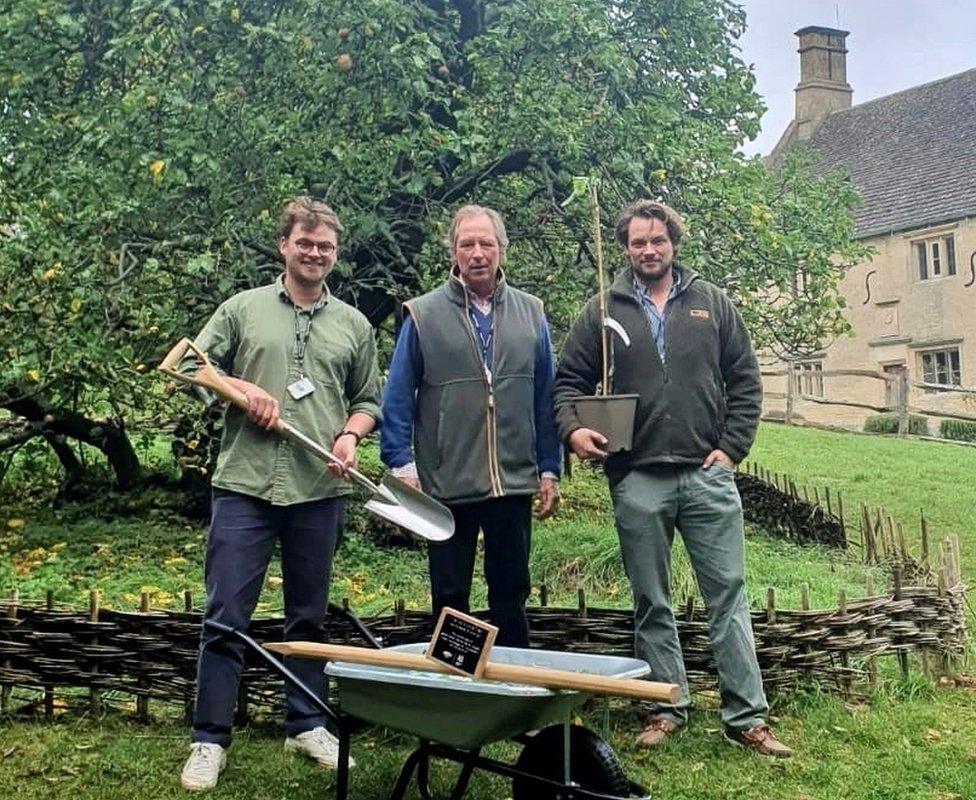
Giles Wood (centre) said it had been "a moving moment" to collect the sapling with his two sons Rollo (left) and Robert
A descendant of Sir Isaac Newton who bought a sapling from the apple tree said to have inspired the theory of gravity has said he plans to plant it in the family's cider orchard.
Giles Wood, from Dorset, purchased the sapling at an auction held to raise money for Newton's childhood home Woolsthorpe Manor, near Grantham.
He said he had been "overwhelmed" to secure the "family heirloom".
In total 10 saplings were auctioned, raising more than £31,410.
Mr Wood said he and his two sons, Robert and Rollo, were descendants of Newton's sister, Hannah, from his mother's side. Newton himself did not have any children.
He said the sapling would be planted in their orchard in Beaminster, Dorset, where they make their own cider named Isaac Cider.
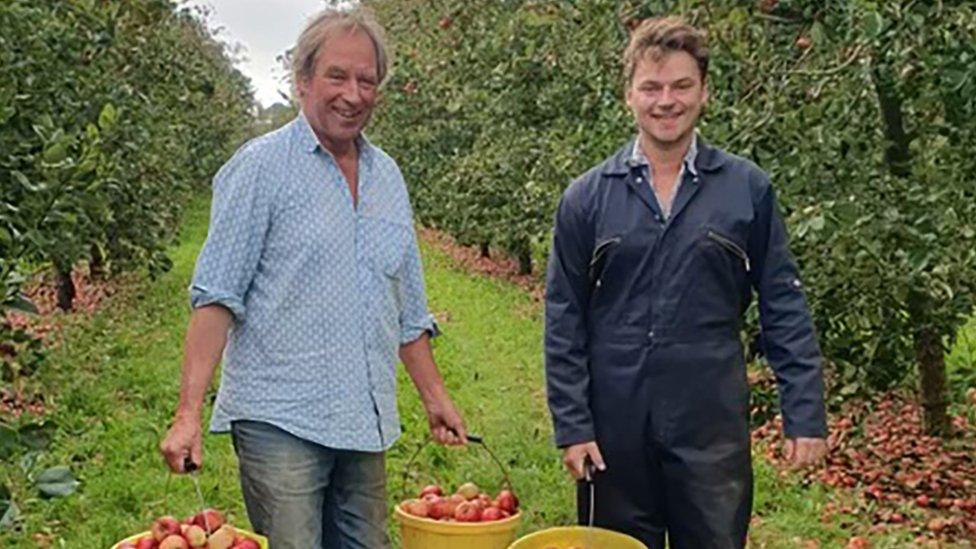
The sapling will be planted in the family's orchard at their farm in Dorset
Describing his trip to Woolsthorpe Manor, his first visit to the estate, he said: "It was absolutely fascinating. It wasn't anything like I thought it was going to be. I thought it was going to be a very small house with a rather ropey tree in the garden.
"But in fact, it turned out to be an immaculately kept National Trust house with a fair selection of farm buildings, which also were very well kept.
"Then you saw the tree, which was magnificent.
"It was a moving moment to actually pick it up."
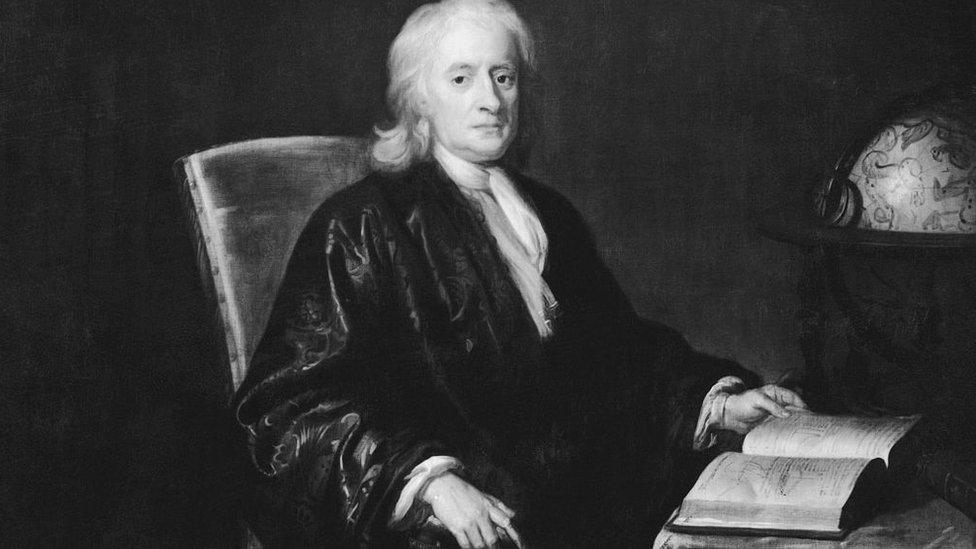
Sir Isaac Newton (1642-1727) carried out scientific research at his home in Woolsthorpe Manor
Another of the saplings was bought by Haileybury College in Hertfordshire after parents helped raise £3,000.
Deputy head Simon Heard said: "It will take a couple of years, I suspect, before the first apple, we hope, grows on its branches.
"But I'm sure that when that does happen we almost certainly set up a special kind of camera to be able to catch the moment the first apple drops from the branches, and then the pupils can study first hand the tree that's just outside their window for many, many, many years to come."

Follow BBC East Yorkshire and Lincolnshire on Facebook, external, X (formerly Twitter), external, and Instagram, external. Send your story ideas to yorkslincs.news@bbc.co.uk, external
Related topics
- Published29 September 2023
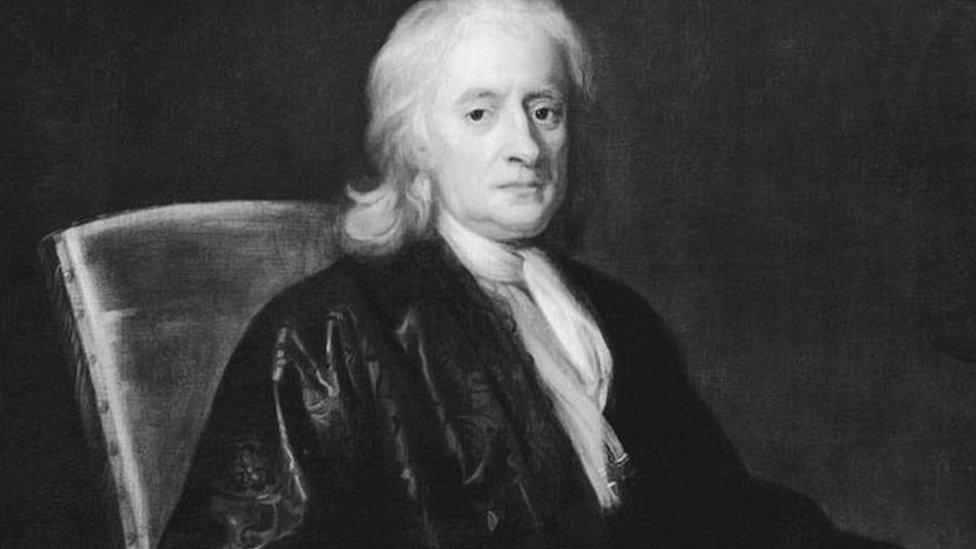
- Published4 September 2023

- Published11 January 2023
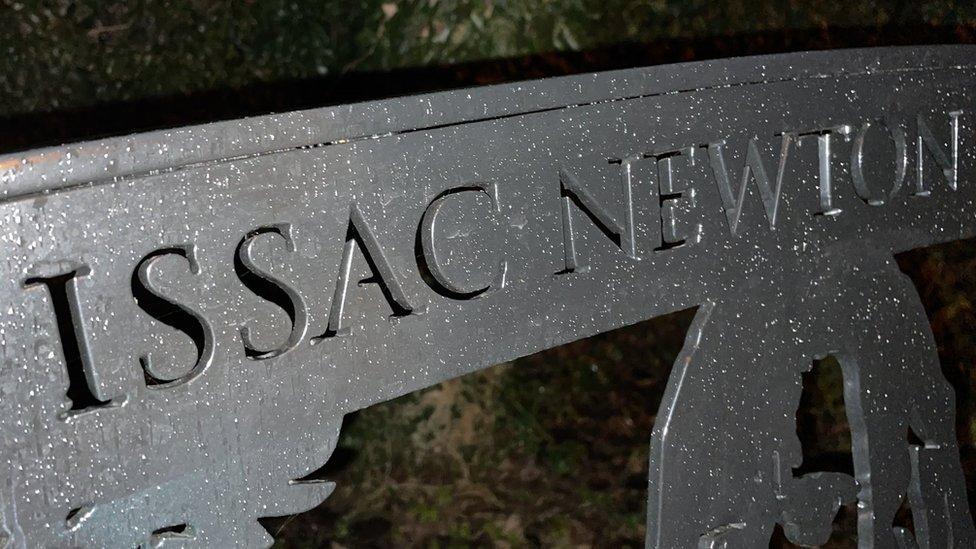
- Published7 January 2022
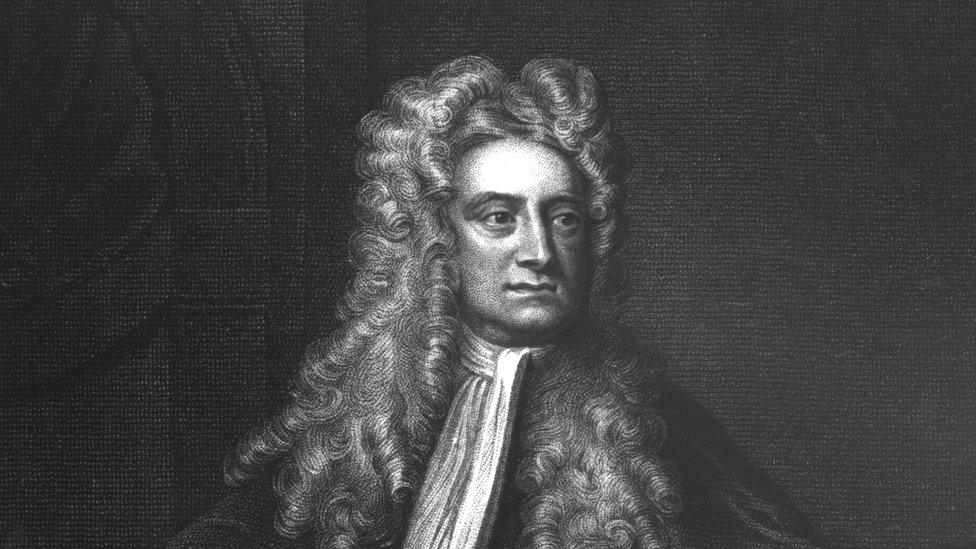
- Published13 March 2018
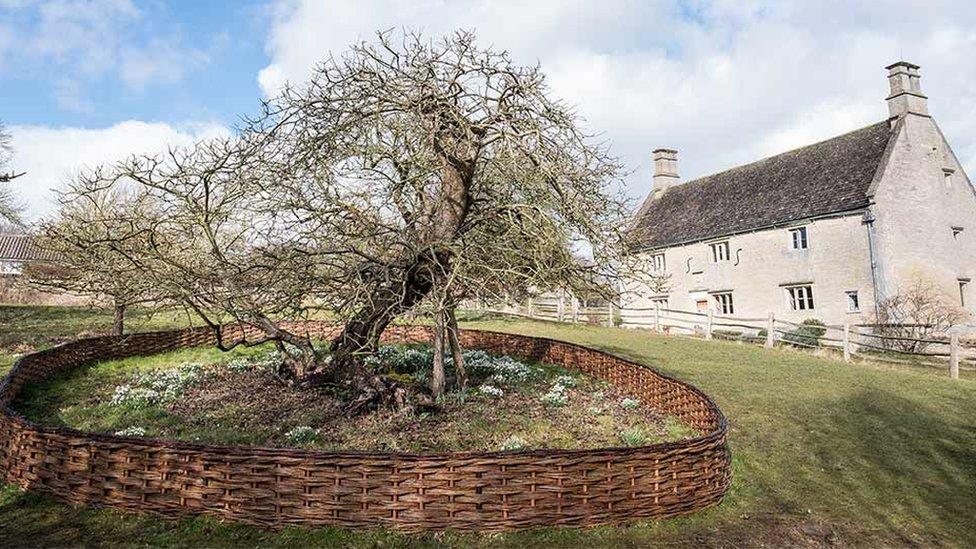
- Published19 December 2015
